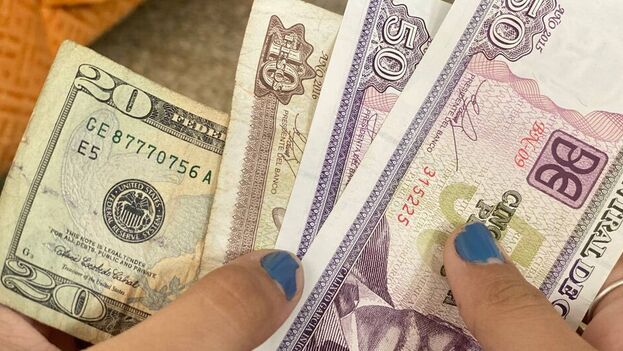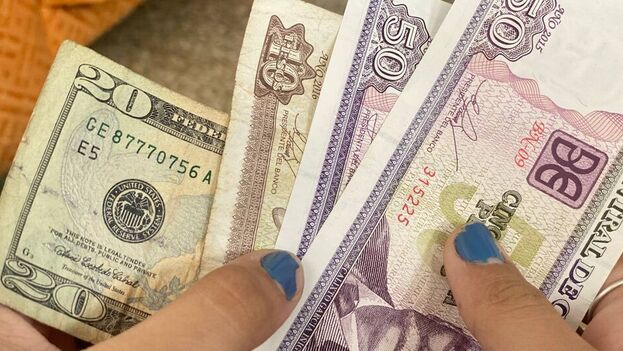
14ymedio, Elias Amor Bravo, Economist, December 28, 2023 — The facts speak for themselves. There is more than enough evidence that Alejandro Gil, Cuba’s Minister of Economy, knew since December 2020 and then from the first quarter of 2021, that the Ordering Task* could not go well, and that it would end up being a disaster for the weak Cuban economy. There are numerous testimonies of Spanish businessmen and investors in Cuba that confirm it.
In private, the communist leader did not welcome the economic “package” of the Ordering Task, but assuming that he had nothing against the Party or Marino Murillo, who even thought that he could succeed, or against anyone among the Cuban communist regime, he was silent and just waited for what was coming. This is not a recommended attitude for someone who is supposed to be at the head of an economy in serious crisis and locked in a vicious circle from which it is unable to exit.
That is why now, three years after the Cuban economy has lost critical mass, real GDP, investments, purchasing power and international attractiveness, it is very easy to go out on television with Randy Alonso and give a speech that aims to change the pace, not having them all with him and with an evident interference from Prime Minister Marrero. Are the Economy Minister’s days numbered? We’ll see.
Undoubtedly, it was a long Round Table program, in which Gil was accompanied by Regueiro Ale, another who is worth more for what he doesn’t say than what he does, and both undertook the unfortunate task of informing the people about the foundations of the regime’s decisions to correct the main distortions of the Cuban economy and relaunch it in 2024.
It involves two consecutive actions. First, to correct the distortions. Second, to give a boost to the economy; “reboosting” is another lie.
It is interesting to start from the distortions that Gil sees in the economy. And here, once again, the situation of the war economy is mentioned, caused by, and I quote verbatim, “the pressures of the intensified blockade, which hinders all the efforts we have to make for the economic performance of the country.”
A bad start, which loses perspective by spending energy on distortions. The intensified embargo/blockade does not prevent Cuba from developing its economic model, relating economically to 192 countries in the world, obtaining investments, tourists and most importantly, remittances, 90% from the country that “embargoes” the Cuban economy. This is a poor analysis of distortions if it is intended to find the way out of the tunnel from the available economic resources.
The second wrong idea is the mantra, repeated ad nauseam, that “we have to overcome, we have to find the alternatives by designing measures in accordance with our economic and social model, inclusive in our socialism, and that allow us, with objectivity, with realism, to get ahead.” This model failed all over the world, ask Vietnam or China, and which has been in Cuba for 65 years, a magnificent age for its retirement. If the government chooses the communist model to face the complexities, boost the economy and correct the distortions that are present in the country, in a year or two the situation may be even worse. Ministers Gil and Regueiro know it, but they are silent.
Nor does the argument work that the world economy is malfunctioning and this impacts Cuba. A simple look at the Caribbean resorts in the Dominican Republic or Costa Rica dismantles this argument. The hotels are 100% full in this winter high season. In Cuba, they aren’t. Something is not right when the Germans, French and Swiss choose other destinations.
And of course, since there are no answers to the main questions, it’s interesting to talk about the second one, which has no solution: the regulated family basket.** Here the minister said that the population is against maintaining subsidies to all people equally since not everyone has the same purchasing power. This is a lie. What the population wants is to get rid of the regulated basket and be able to choose freely. As do many companies, too, because they could sell the products without dependence on subsidies, through the rules of supply and demand. The minister, on the other hand, says that he will review the basket, maintaining products


